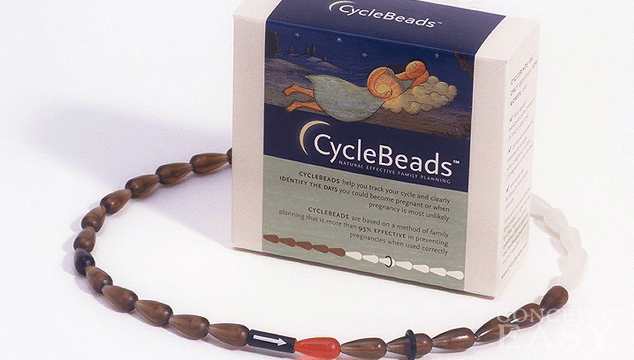Menstrual health is extremely important for a woman, not just because it is a way to tell that her body is functioning normally, but also because menstrual cycle affects a woman’s fertility as her menstrual cycle is her fertility cycle. Any changes in a woman’s menstrual cycle have repercussions on her chances of getting pregnant. Claim Your 20 Free Pregnancy Tests – Click Here

Your menstrual cycle works by releasing a mature egg from your ovaries each month. It takes the first two weeks of your cycle for the egg to mature. Halfway through your cycle, there is a surge of luteining hormone (LH) which appears to trigger the release of the egg by the ovary, called ovulation.
Your hormones then work to prepare the egg to be fertilized. If the egg is not fertilized at the time of ovulation by your partner’s sperm, then your body will dispose of the egg and your period will begin, flushing the egg from your body. And this will be the start of a new menstrual cycle.

Your menstrual cycle changes with age, decreasing your chances of getting pregnant. As you are aging, your menstrual cycle shortens, affecting your fertility. Menopause happens around the age of 50, but your periods begin to change (getting shorter) around the age of 39.
As your ovarian functions reduce, there are fewer chances for ovulation to take place, so there are fewer chances for you to get pregnant. When you stop menstruating, you stop releasing eggs to be fertilized by sperm, so you can no longer get pregnant.

It is hard to tell what a normal period is. A perfect period is considered to be one that lasts 28 days, with menstruation lasting between 3 and 5 days. Normally, a healthy cycle would last between 21 and 35 days, but any cycle with the follicular phase lasting between 12 and 14 days is healthy.
Research show that a woman’s chances of getting pregnant after in-vitro fertilization are double if her menstrual cycle is longer than 34 days compared to the situation when her menstrual cycled is shorter than 26 days.

The color of the blood is also important in determining whether your cycle is healthy or not. Bright, red blood indicates that everything is going well and you have a healthy period.

Changes in hormone levels may affect your menstrual cycle and therefore your fertility. Stress can cause hormonal imbalances by increasing the levels of hormones such as cortisol and inhibiting your main sex hormones and suppressing ovulation. Keep stress levels under control if you are trying to get pregnant.

Also, it is important to be aware of the fact that the best time to have intercourse in order to get pregnant during your cycle is 2-3 days prior to ovulation. Ovulation occurs roughly halfway through your menstrual cycle, when there is a surge of luteining hormone (LH) that triggers the release of the egg by the ovary.
Within 24-48 hours, the egg is ready to be fertilized and your chances of conception are at its greatest. For an average 28 day cycle, this will occur at about day 14. To discover all the ways that you can pinpoint your exact day of ovulation, read more about it here: When Will I Ovulate?










Comments